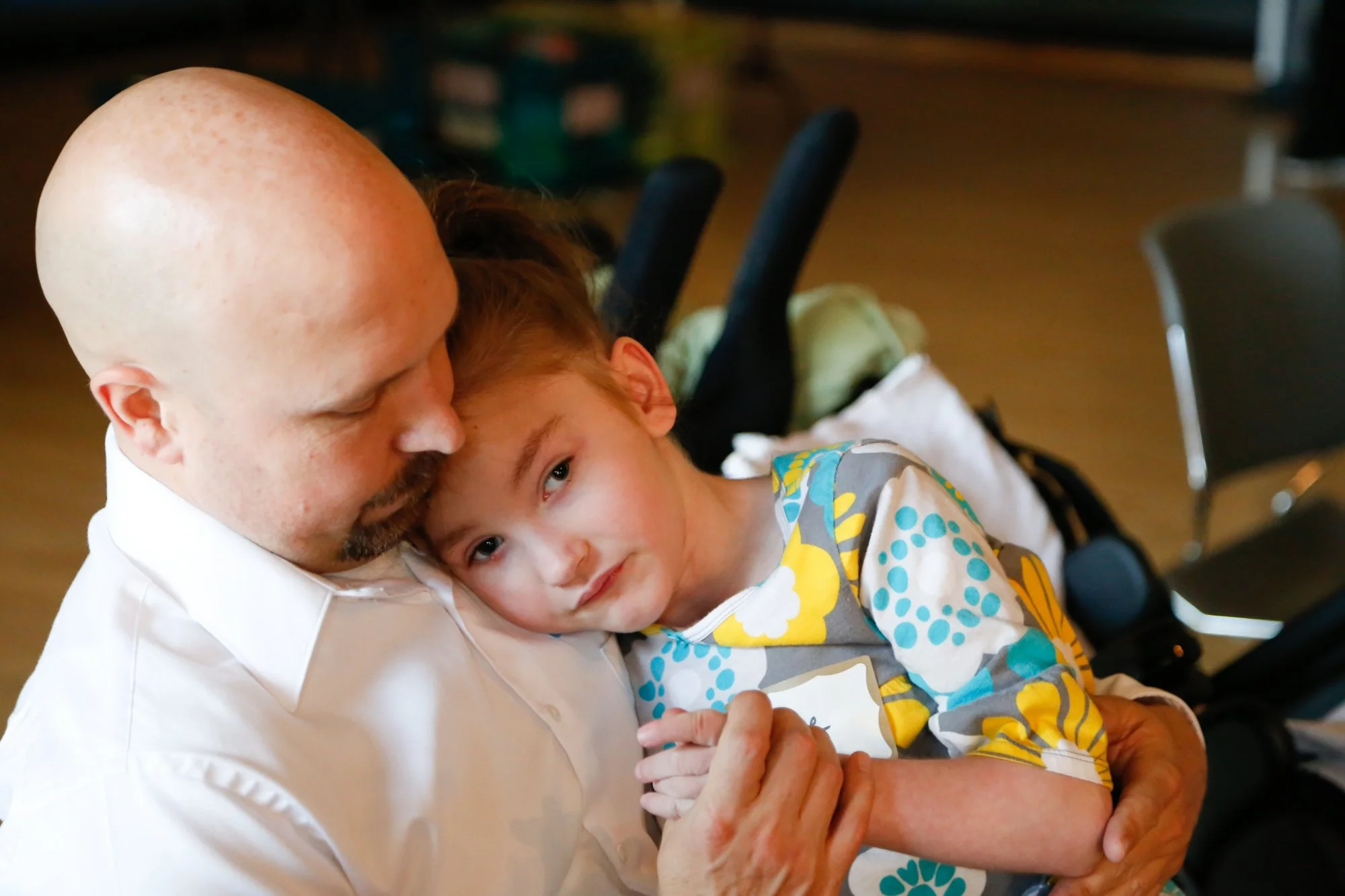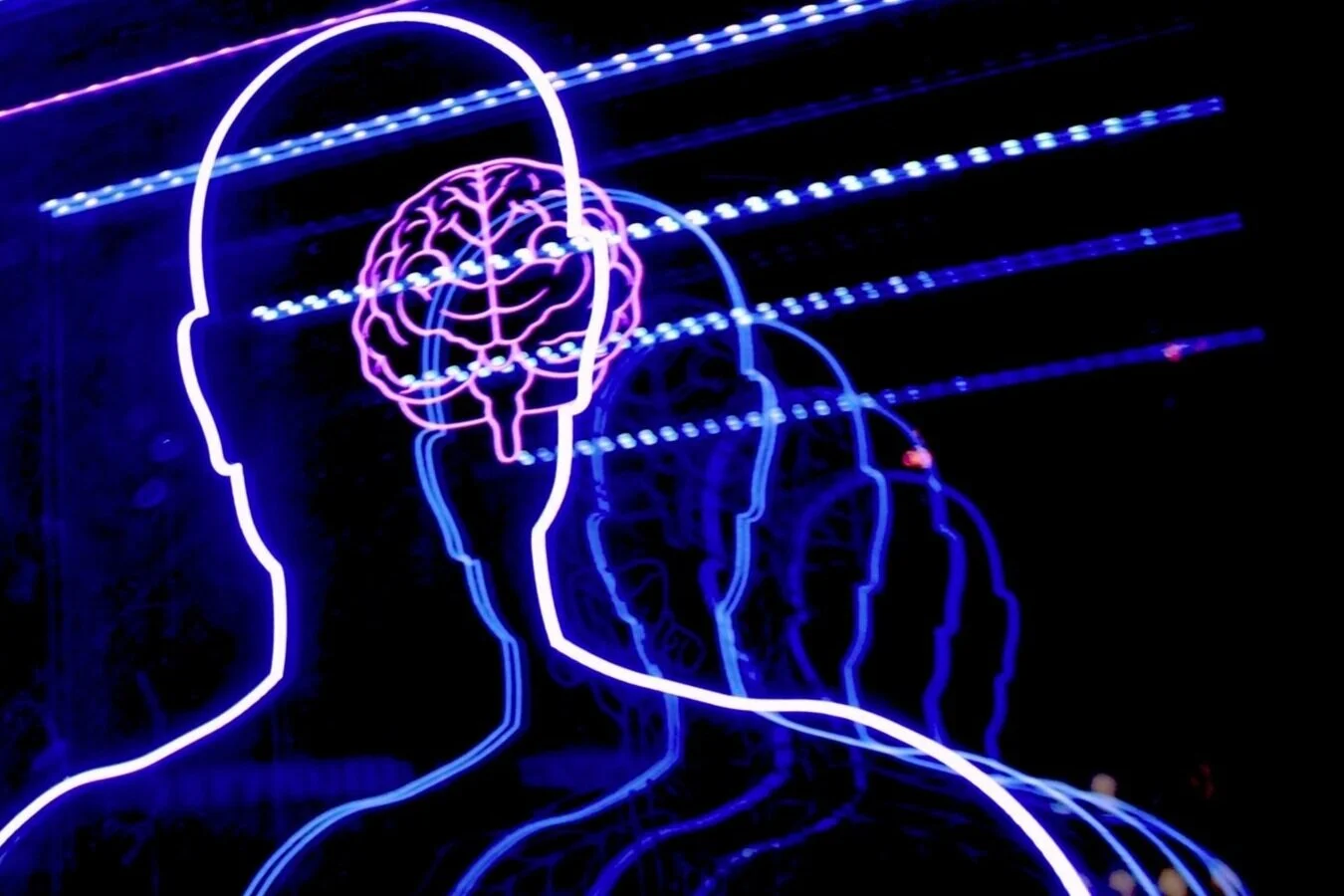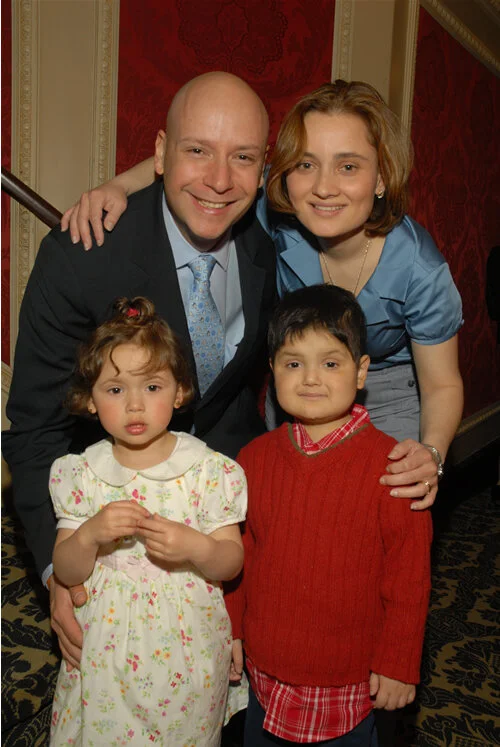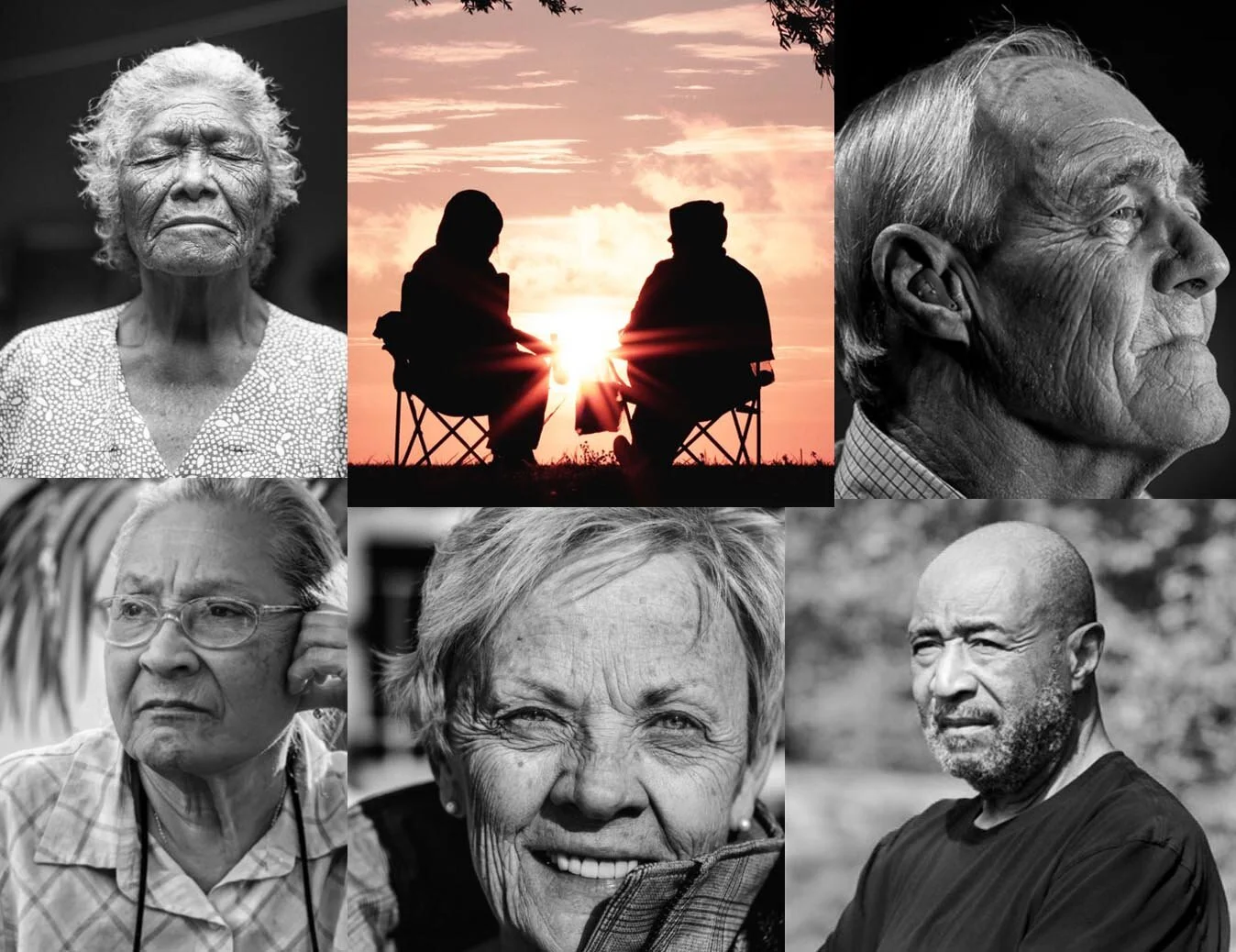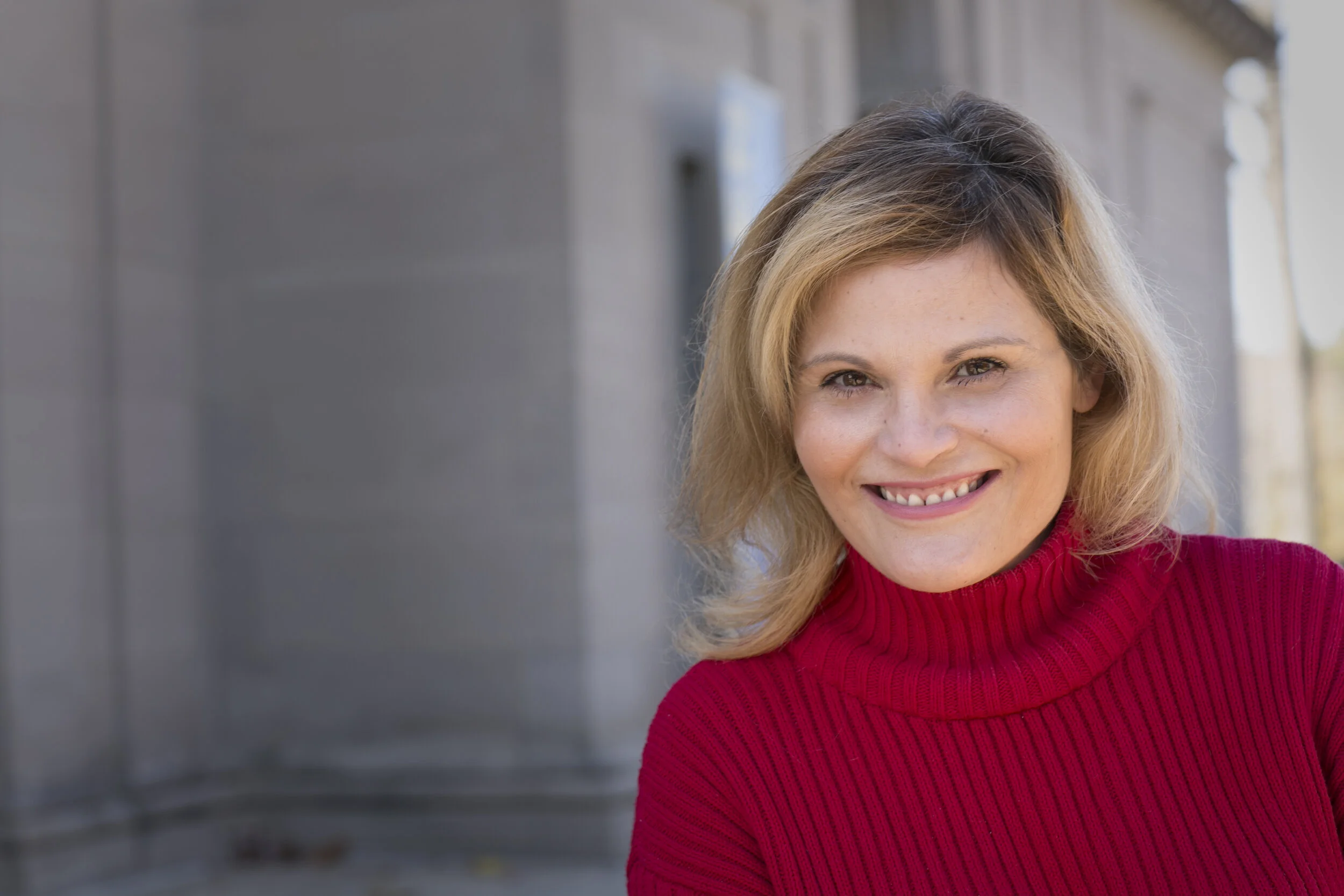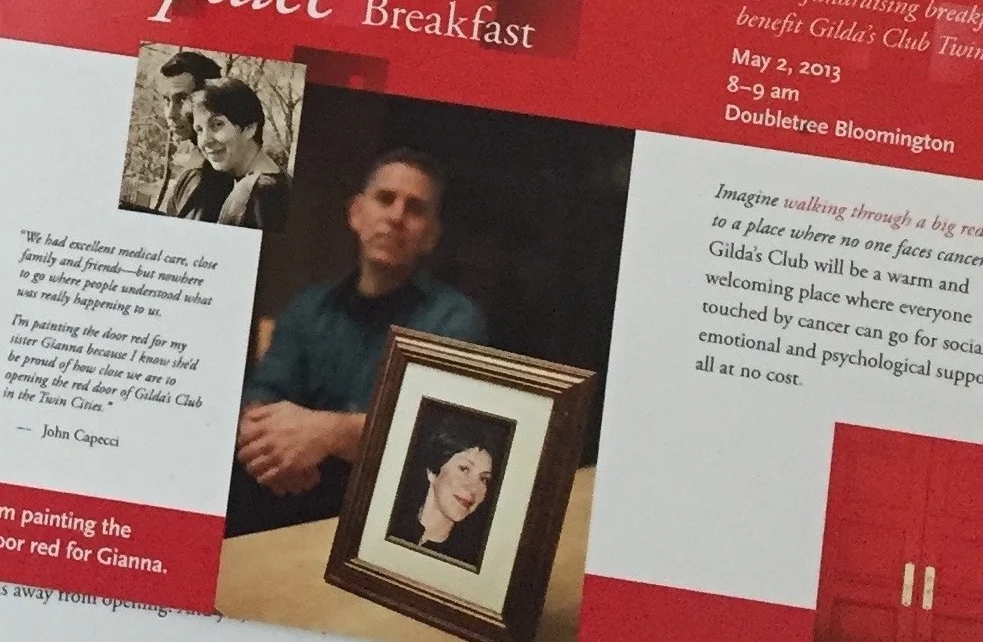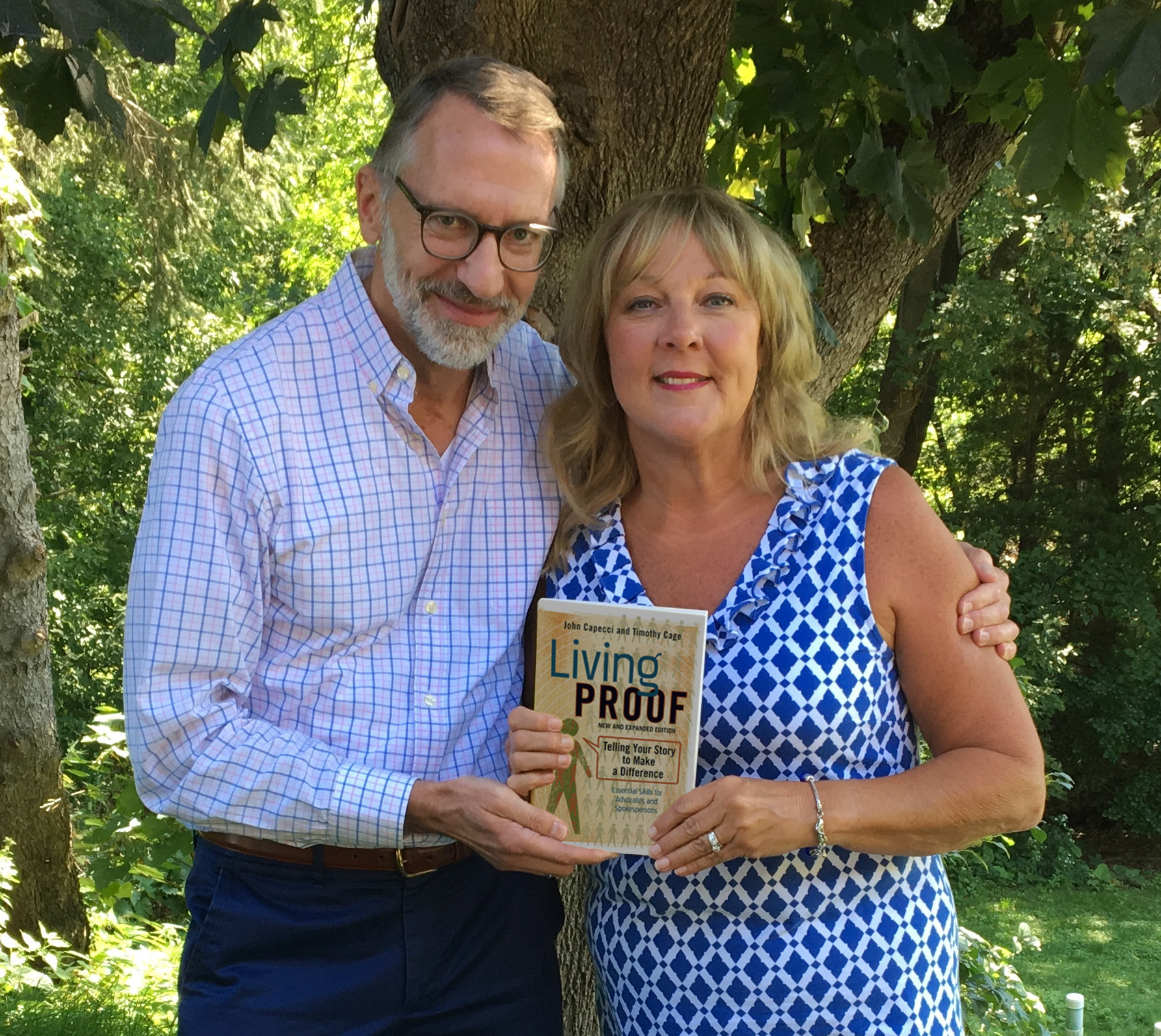On December 1st each year, we pause to remember the more than 35 million individuals who have died since HIV was first identified in 1984, the more than 37 million currently living with HIV and the more than 1.5 million worldwide who become infected each year.
World AIDS Day reminds us that HIV has not gone away.
However, it’s difficult to fathom these staggering numbers—1.5 million, 35 million, 37 million—let alone picture the men, women and children worldwide who have been impacted. That’s why we need the stories of real people who can help us understand the emotional and physical realities—as well as the complexities—of HIV/AIDS … and what we can DO about it.
The theme of World AIDS Day 2021 is End Inequalities. End AIDS. So we take this opportunity to lift up and thank three Living Proof Advocates who are sharing their stories to make a difference in their communities … especially for people who are left behind due to inequalities of access to essential HIV services.
Hope for generations
Mikael Wagner, who came of age in San Francisco in the early days of the AIDS crisis, lost many friends and loved ones to the disease and was himself diagnosed with HIV in 1990, when diagnosis was considered a death sentence.
Unsure where to turn, Mikael reached out to his mother who, at the time, was the last person in the world he could imagine sharing his story with. However, he was pleasantly surprised—and even comforted—by her response. “She explained to me that we now had a lot in common with each other. . . . In the sweetest voice, she said, ‘All of your friends are dying and so are mine. So, let’s figure out this together and how we will survive.’ At that time, my mom was the age I am today.”
Now, nearly 33 years later, Mikael offers that same wisdom, hope and encouragement to others as he advocates for the Diverse Elders Coalition, a nonprofit that “removes the barriers facing our communities” and “envisions a world where all older adults can live full and active lives as they age.” He’s also served on the Advisory Board with UCSF Alliance Health Project, Art for AIDS fundraising campaign and volunteers with the Bay Area Alzheimer’s Association to reach aging members in the LGBTQ community. Newly relocated to Melbourne, Australia, Mikael continues his volunteer work with several HIV and aging organizations there. When Mikael paints a picture of what “full and active lives” might look like for people 50-plus, he recalls his favorite quote from Betty Friedan, “Aging is not lost youth, but a new stage of opportunity and strength.” Throughout his career and advocacy work, Mikael has always focused on ending inequalities through education about HIV/AIDS.
Strength in numbers
“My community and I rise together.” That’s a phrase advocate Katie Willingham wrote in response to the Six-Word Reason exercise in Living Proof. A woman of trans experience living in rural Alabama, Katie writes and speaks for numerous AIDS-advocacy and support organizations, including Thrive Alabama’s iAdvocate Project, Positive Women’s Network-USA, The Well Project’s “A Girl Like Me” program and WebMD.
“Advocating for the HIV community is also advocating for myself, as I am part of that community,” Katie explains. “The policies that affect their lives affect mine as well. We rise and/or fall together.”
And a sense of community is often where advocates find their strength and support. Alicia Diggs, a fellow HIV-awareness advocate living and working in North Carolina, notes the importance of community to anyone sharing their personal stories publicly. She advises to “make sure you connect with someone else who’s already telling their story. I don’t know anybody doing this who just, on their own, stepped out and started telling their story.”
Alicia serves as Community Engagement Manager of the Center for AIDS Research at The University of North Carolina-Chapel Hill, is a member the Presidential Advisory Council on HIV/AIDS, and was recently honored as one of the POZ 100.
We’re proud to include Mikael, Katie and Alicia’s stories and insights in Living Proof: Telling Your Story to Make a Difference—and we thank them for their good work on behalf of the health of us all.
ABOUT WORLD AIDS DAY
World AIDS Day was first observed in 1988. Each year, organizations and individuals across the world bring attention to the HIV epidemic, endeavor to increase HIV awareness and knowledge, speak out against HIV stigma, and call for an increased response to move toward Ending the HIV Epidemic: A Plan for America.
